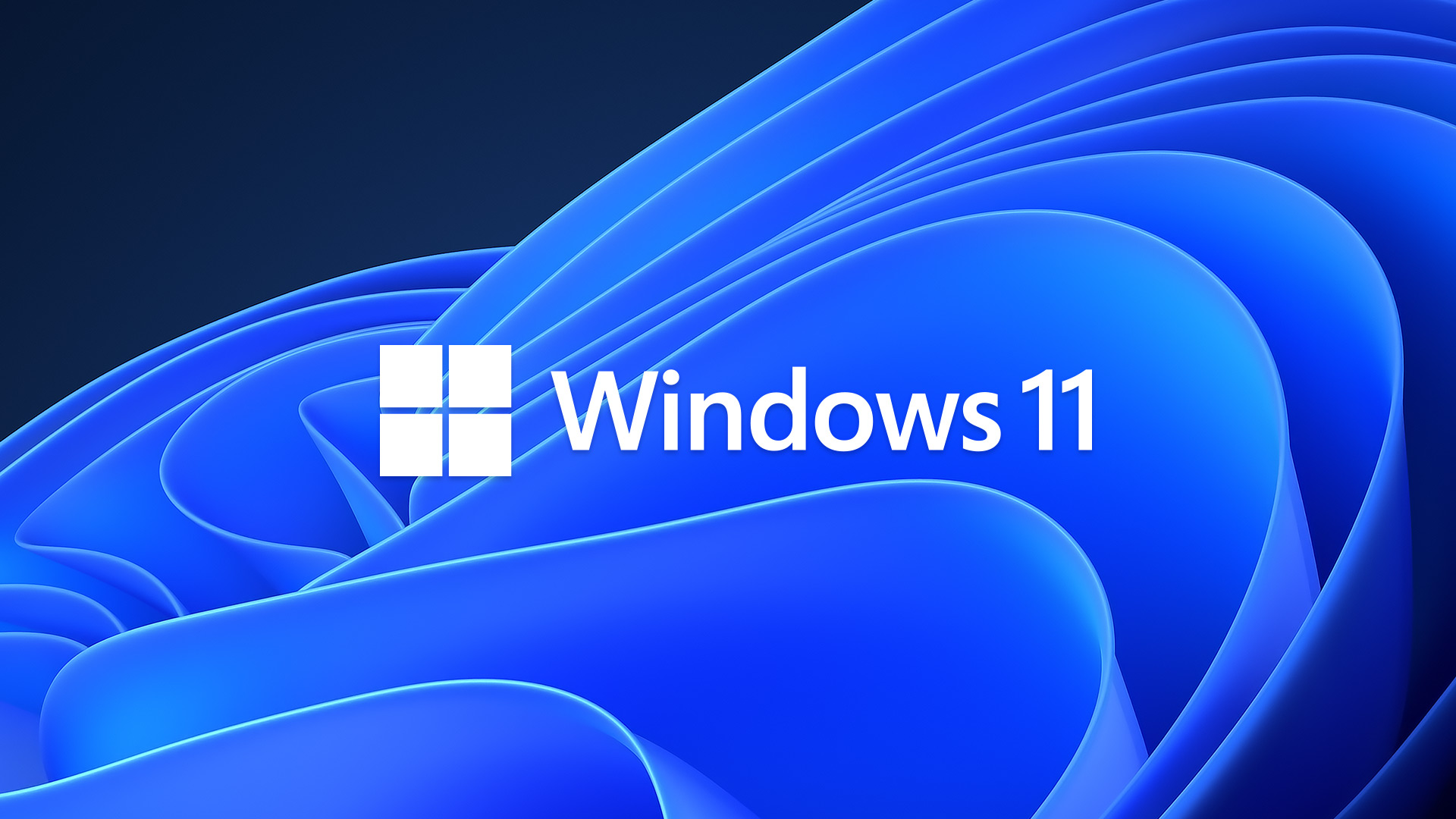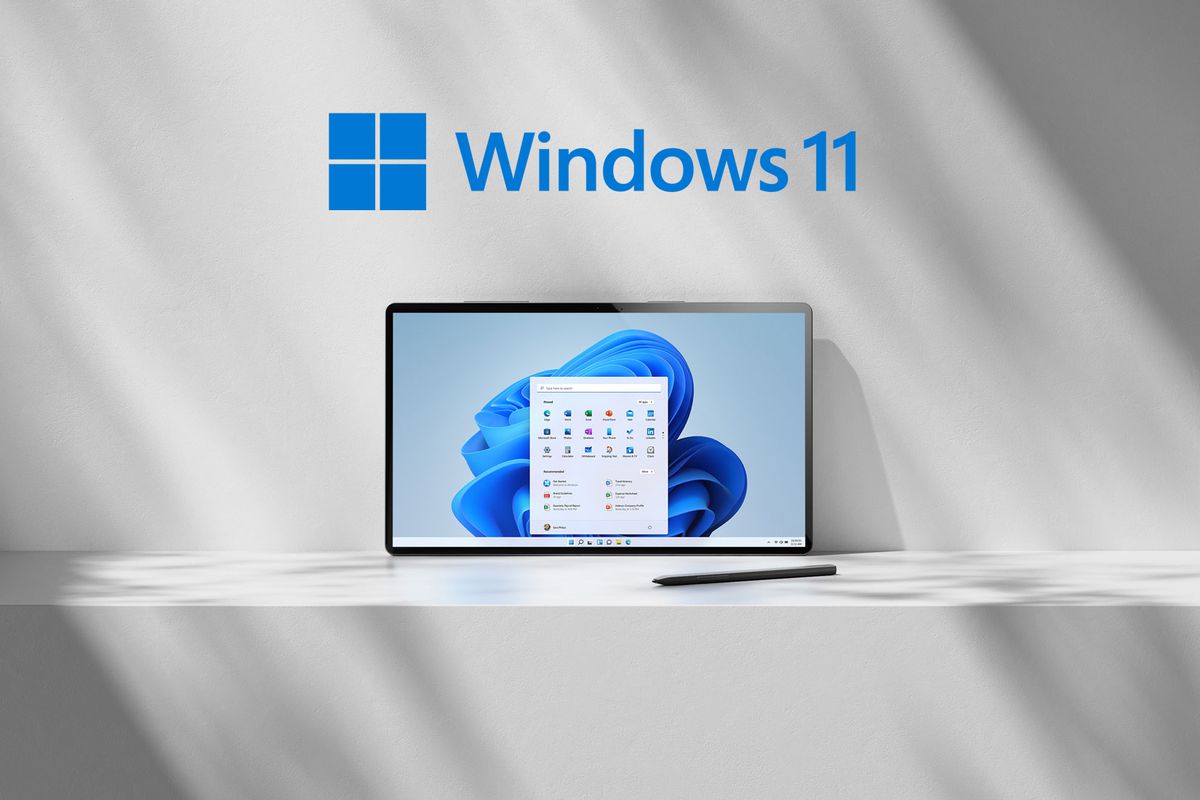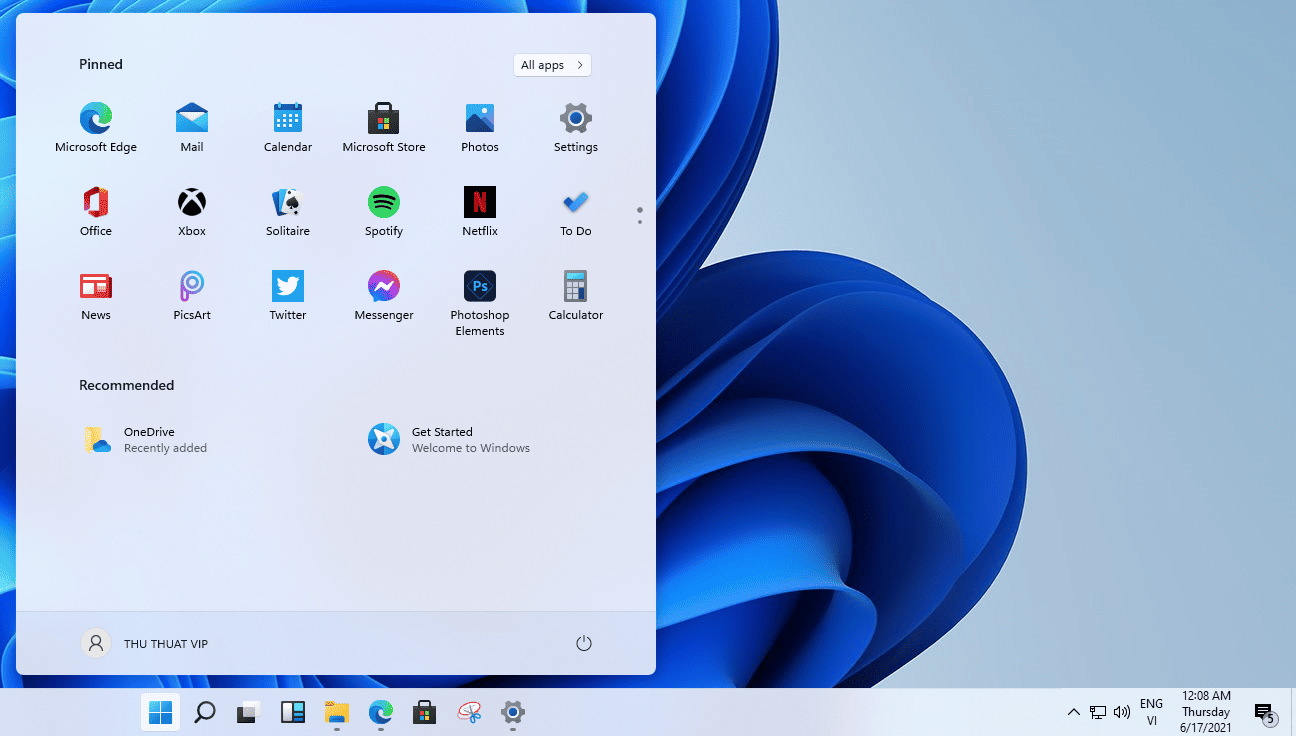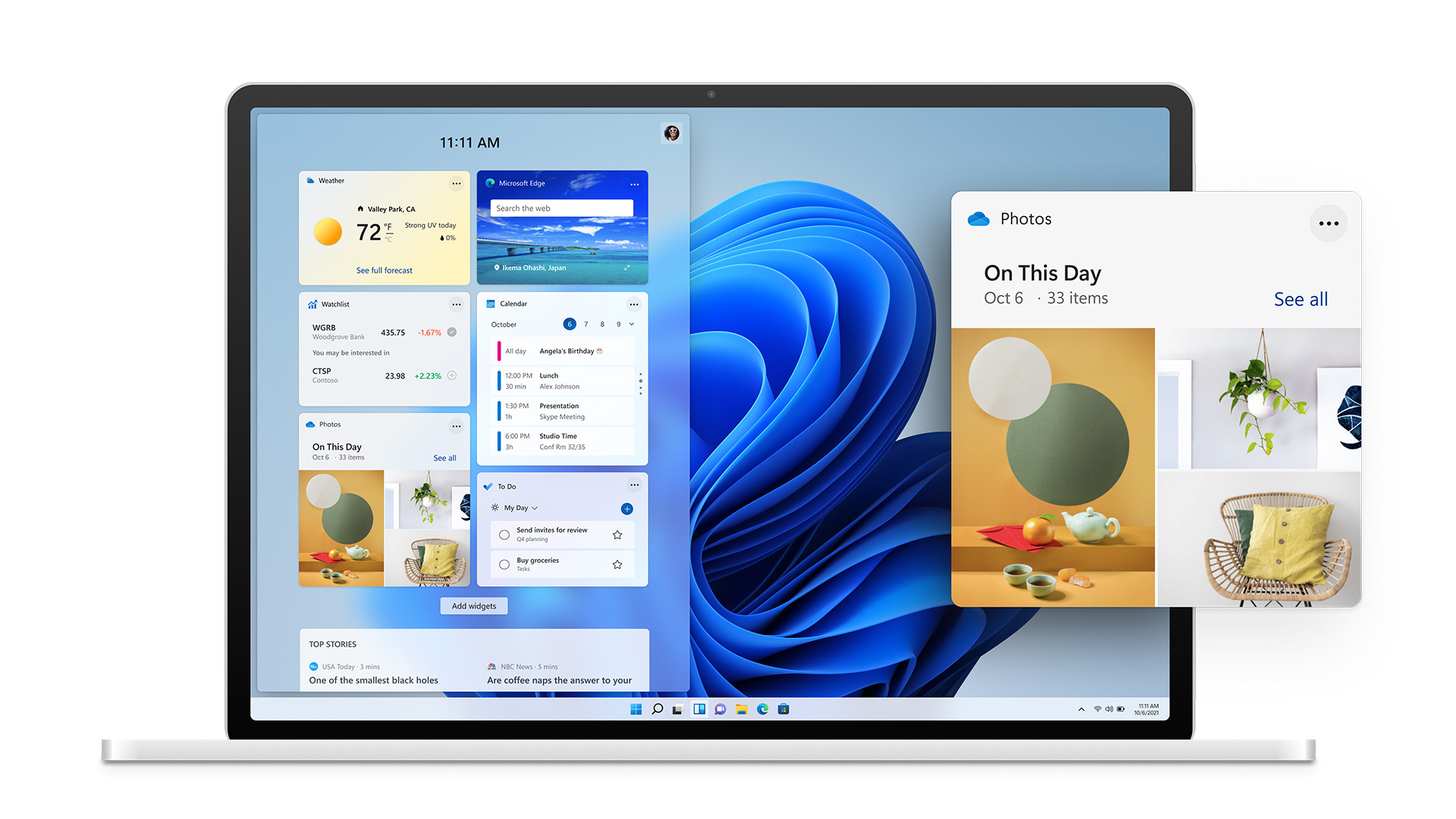Windows 11: It’s way more than an operating system
Windows 11 is an intended replacement for the renowned 6-year-old Windows 10 and will be a free update for Microsoft’s individual customers. It costs us little (if any) to access Windows 11, but the brand-new operating system’s influence on the entire tech world is times larger than that of any other free-of-charge software product.

Renovating gaming experience
What do you expect from Windows 11, given you are a gamer? New gaming elements, better gaming apps and communities, or a precursor to renovations?
Direct Storage and AutoHDR are only two among a host of new gaming-support features that can satisfy the ongoing demands for fresh experiences. AutoHDR can already be found on the Xbox series, allowing the users to turn high dynamic range on during gaming and thus effectively enhancing the overall visual qualities of the games. DirectStorage, meanwhile, involves both GPU and SSD in the asset-loading process, minimizing the CPU workload and promising way less time waiting and tapping our fingers on the table. Xbox apps will also be available on Windows 11, good news for console-PC cross-players.
Windows 11 does not have to struggle to combine with the new graphics features of Nvidia and AMD (such as Fidelity FX Super Resolution) to provide optical aids, and transition effects or fps will be the focus.
A war declaration to Apple?
In the era of competition and cross-impact, a new software product of Microsoft can have a far-reaching effect on other incorporations, including Apple. While the infamous Apple developer commission strife barely shows signs of a halt, Microsoft is clearly striving to shorten the bridge between themselves and the app makers.
Microsoft even promotes third-party payment gateways by allowing developers to keep all their revenues if they can integrate a proprietary charging system into their games, paving the way for a more open, motivated developer community with less dependence on the platform providers and more projected money on the way, and this is also something Apple will not resort to in the foreseeable future.
It is clear that Microsoft wants to attract more developers to their platforms. At the same time, this open move would impose pressure on Apple and Google, who take a notorious 30% cut on every transaction on AppStore and Google Play Store. Microsoft is already the most generous store provider in the market, as they only charge a 15% app fee, 12% game fee, and 0% under particular conditions.
Windows-Android vs. iOS-macOS?
Popular mobile apps like TikTok or Instagram will run natively on Windows 11. Although most people would claim themselves as browser users (which belittles the revolution Microsoft is trying to achieve), Microsoft has proven to be proactive in the age of ecosystems. More spaces for creativity would be there for app developers, opportunities for Android app makers to reach 1.3 billion active users of Microsoft are now open. After Windows 7, PC users' excitement is fuelled again.
As Intel Bridge is used to run Android apps, Microsoft will not have to negotiate with Android developers to transfer their apps to Windows. In other words, they do not have to adjust their code, while Intel and Microsoft would take the burden. More importantly, the Microsoft Store welcomes apps built on almost any framework, from Win32, UWP, Java, and .NET to Progressive Web Apps. Satya Nadella and his teams aim to create a fair app store, placing a premium on user equality and the maximization of benefits for developers. And this strengthens the very Microsoft brand.
The question is: Considering all this, what would Apple do?
If Apple gives in to their complainants (which they are unlikely to do), this would open up an avenue for other compromises in the future. This would lead Apple to an unwanted situation: Apple will be affected by the market, while Apple always wants to bring definitions to the world and not to be redefined. Hence, Apple may possibly retain their policies but broaden their competitive advantages and make “friends” in other ways. Specifically, messages about security or massive financial incentives for partners would be even more strongly conveyed, in line with the emergence of their other superior services and benefits for all parties involved.
And when it comes to security,
Microsoft promised to provide us with faster boot time, a more sensitive Windows Hello, and a smoother web-browsing experience with less energy used. However, feature improvements are, admittedly, simply norms.
An enhancement in security features on Windows is what is really and honestly expected by many PC users. Microsoft, in return, has strived to develope encryption and malware prevention elements and will make them default features on Windows 11. Separate apps and features would be found in a single package and run in the background when the PC turns on, and this promises a better security premise without forcing the PC to sacrifice its performance and user experience. Windows 11 will win over business users this way, given that neither Microsoft nor Apple has a clear advantage in this consumer segment. Also, the transition from Windows 10 to 11 would be smoother than ever with Endpoint Manager and Windows Update for Business.
1-click on a taskbar icon, and you can join any meetings you want on Teams. Snap Layouts offers almost every plausible screen splitting and positioning option, while Snap Groups would change how we use laptops. And now, security features. Microsoft is simultaneously exhibiting their creativity power and really placing concentration on improving the UX.
Conclusion
The Microsoft – Businesses – Users circle would derive significant benefits from the support of Windows 11, which boosts working productivity and gaming experience and introduces satisfying commission policies and security features. If your PC does not support UEFI, Secure Boot or Trusted Platform Module ver 2.0, consider updating your hardware in 5 years to enjoy the likely-to-be-successful Windows 11.
After all, it is free of charge.




Comments
Post a Comment